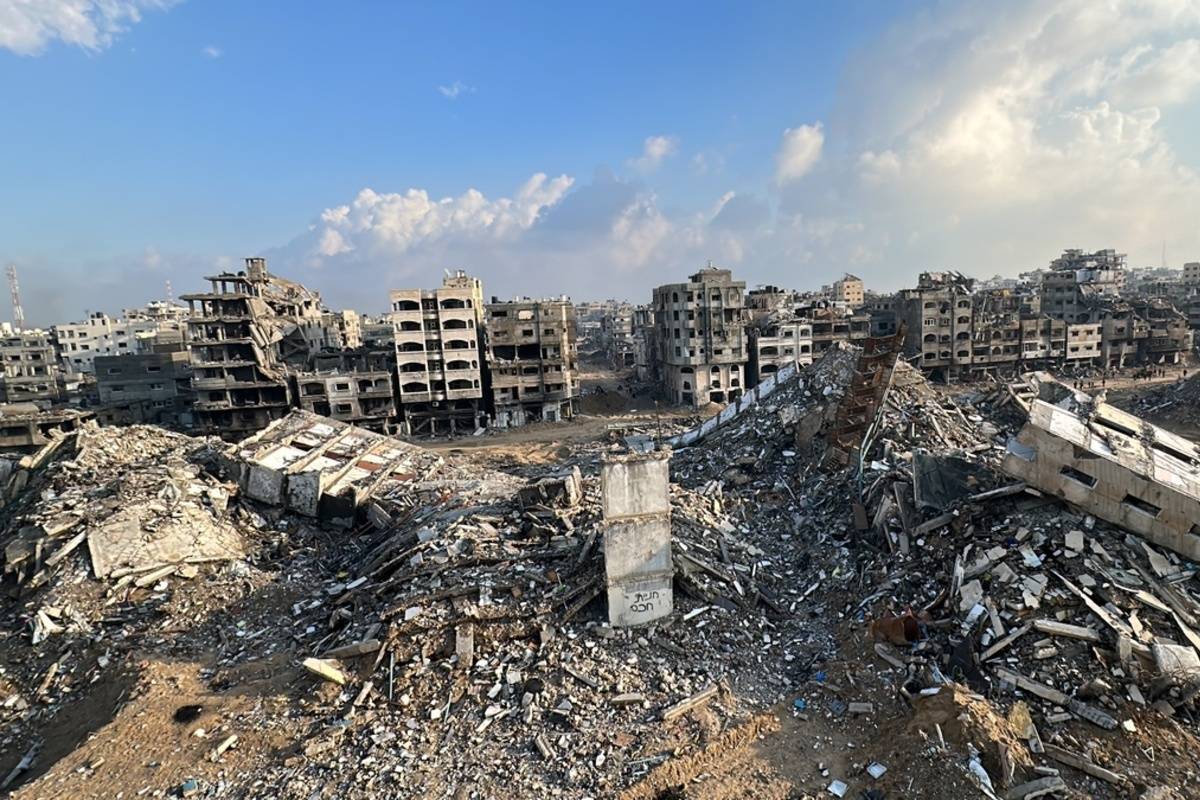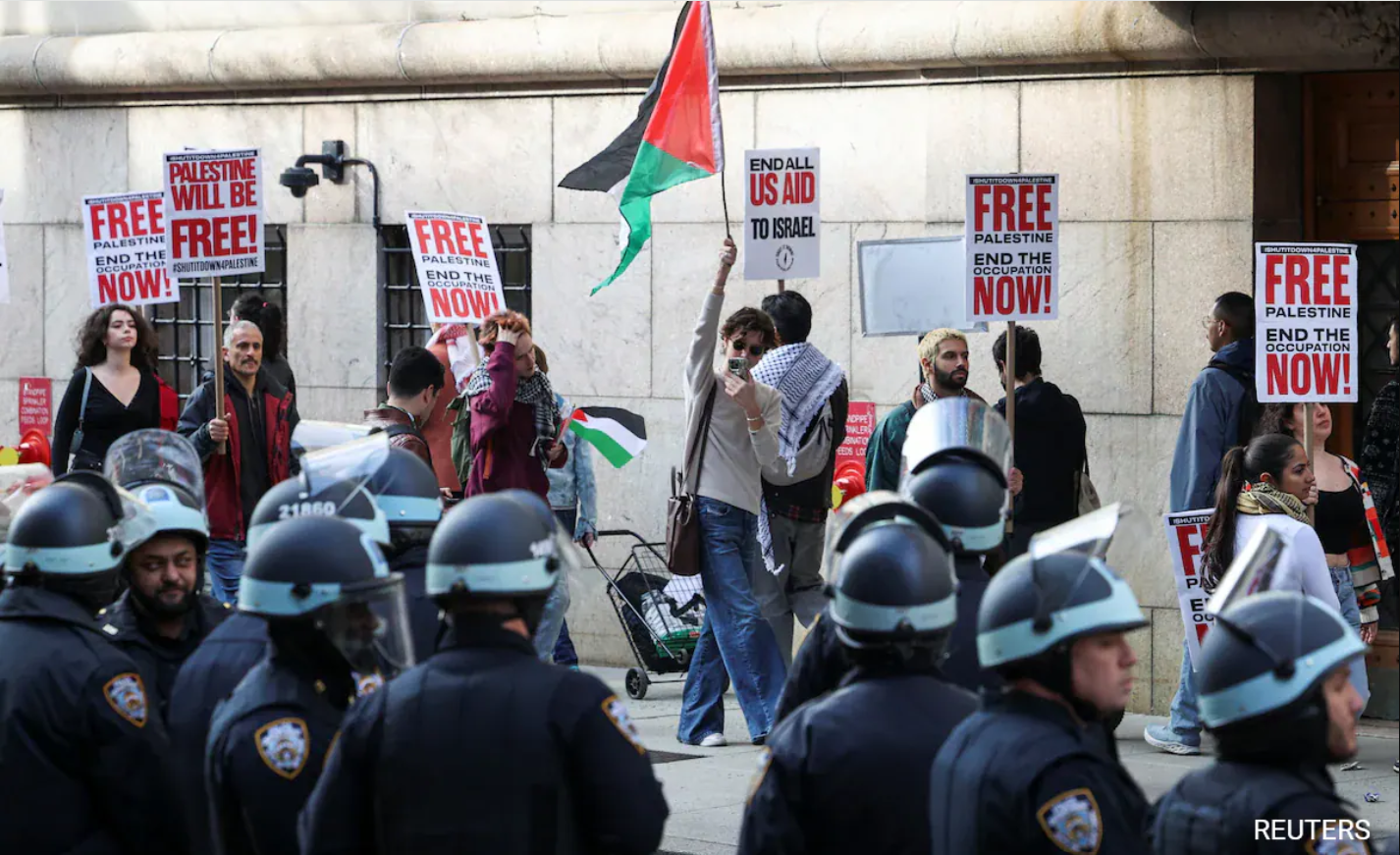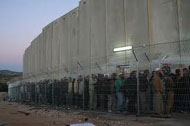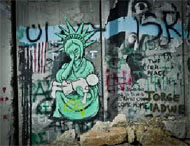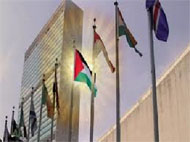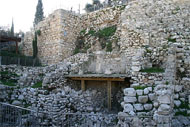
Jerusalem lies at the heart of the Israeli-Palestinian conflict. Having occupied east Jerusalem in the 1967 war, Israel claims it is its “eternal and undivided” capital, something the international community including the United States does not recognize (even though president hopeful Mitt Romney begs to differ). For Palestinians, a future Palestinian state will see east Jerusalem as its capital. Thus Jerusalem is a very controversial city where everything that happens there, be it under the guise of religion or science, is controversial and political as well.
Because it is a center for all three Abrahamic faiths– Judaism, Christianity and Islam, it might be obvious how religion meets politics in Jerusalem or in Israel/Palestine in general. Science however, is considered as objective, as close to the ‘truth’ as one can get. In Israel-Palestine nonetheless, science too can be political. The science I am alluding to is archeology; a science that is most relevant to a city with a history of more than 5000 years. As one of the oldest cities in the world which has witnessed multiple layers of civilizations, Jerusalem is indeed historians’ and archeologist’s paradise. Before the city moved to its current, gated location, ancient Jerusalem or “City of David” was located south of what Jews claim is the Temple Mount (Al Aqsa Mosque Compound), in the village of Silwan where several archeological excavations are underway currently.
The City of David or the Palestinian village of Silwan lies in east Jerusalem based on the 1948 Green Line and lies just a few meters from the Dung and Zion Gates of the Old City. It is part of east Jerusalem under Israeli occupation after the 1967 war; hence Israel is the sovereign power there. Archeological excavations are licensed and supervised by the Israeli government though its ministries and authorities. It is managed however, by a private body – the Elad Foundation which is a right-wing ideological foundation affiliated with settling Jews in east Jerusalem. This makes City of David now part of “Jerusalem Walls National Park” the only national park in Israel managed by a private body.
The problem with the ideological affiliation of the managing body is of course in that it dictates the focus of the excavations and the historical narratives that will emerge from the findings in a way would serve its ideology and purpose. In Silwan, the purpose of the excavations is far from seeking the history of ancient Jerusalem objectively. Rather, it has become a search for evidence of events and figures from biblical Jerusalem where interpretation of the findings is based on popular stories associated with the place rather than the find itself. This is not to say that the stories in the Bible are not real or true but to point out that such a narrow research focused on popular figures such as kings overlooks the cultural, political and social aspects of people who lived in the area at different periods in time.
For example, while no substantial finding in the area mentions King David or Solomon, remains from the Abbasid periods as well as Byzantine or Late Roman were found in the Givati parking lot at the northern edge of City of David. But because there is no commutation with the local residents and since the research doesn’t have the interest of the local residents or overall history of the place in mind, the Muslim Abbasid and Byzantine remains were dismantled in search for remains from the Roman/Second Temple period. The reason of course is to tell a single story – that Jews lived here back in history and that they should live here in the present time. In short, its aim is to legitimize illegal Israeli settlements in east Jerusalem.
The plan to grab more Palestinian land without Palestinians under the pretext of sometimes archeology and other times natural conservation is even more evident in the archeological methods employed in Silwan. While digging horizontal tunnels underground is now considered as an archaic archeological method abandoned for many years now, it still remains to be the method used in Silwan where neighborhoods such as Wadi Hilweh will have to bear the consequences of excavation being carried out underneath their houses.
Further, several houses in the neighborhood of Al Bustan are awaiting their demolition because they were built without a permit (since the Israeli authorities do not give construction permits to Palestinians residing in east Jerusalem). With the aim of recreating the “biblical” City of David, their neighborhood will then be transformed to a garden facing what’s believed to be David’s palace. However, neither the remains in the City of David nor Al Bustan neighborhood in Silwan have been proven to be David’s fortress. More land would also be taken away from the residents in realizing the municipality’s plan to build a parking lot for tourists while the neighborhoods in Silwan are in a clear need for schools and hospitals.
If successful in meeting its goal, the City of David will be a closed site where everything is only Jewish with no mention of the Palestinian residents of Silwan or the political sensitivity of the place: walk into the City of David, past narrow alleys with Jewish settlements through the Gardens of David and Solomon, down to the Shiloah (Hezekiah’s tunnel). It will be a journey of oblivion.
Melkam Lidet is a Writer for the Media and Information Department at the Palestinian Initiative for the Promotion of Global Dialogue and Democracy (MIFTAH). She can be contacted at mid@miftah.org.




